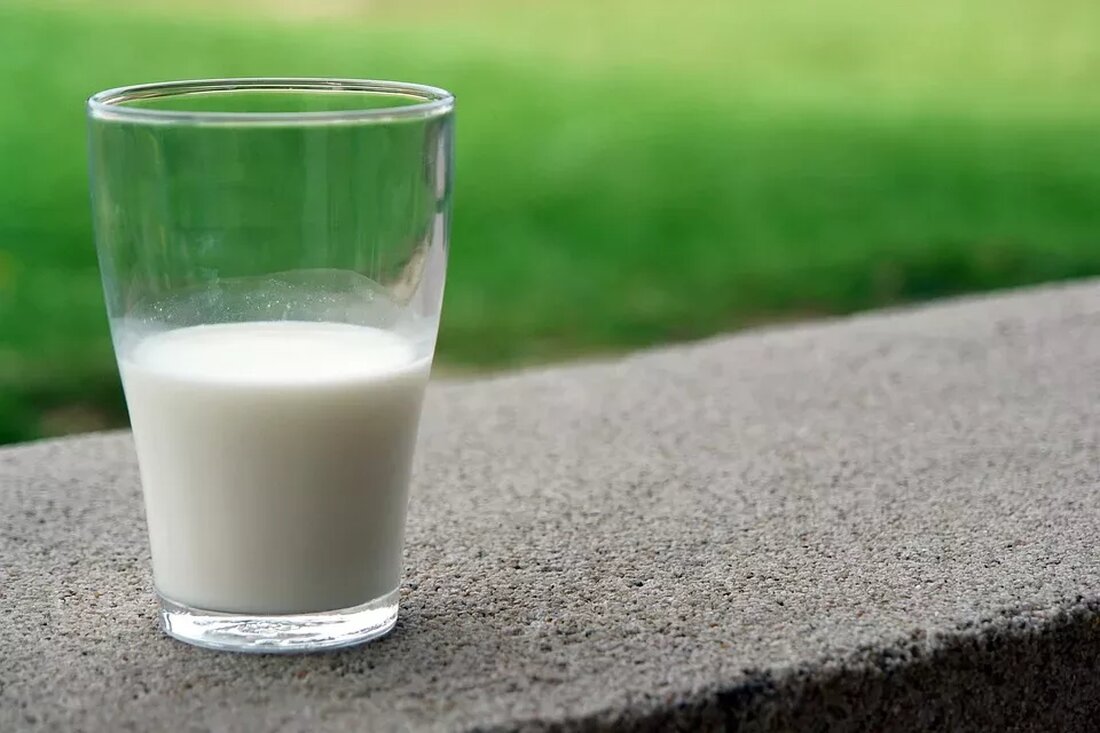Calcium: More than just for bones
Calcium: More than just bones Calcium is an important mineral known for more than just strong bones and teeth. It plays a crucial role in many vital functions of our body. In this article, we'll take a closer look at the different roles calcium plays and why we should make sure we get enough of it. The Importance of Calcium in the Body Calcium is the most abundant mineral in our body, accounting for about 1-2% of our body weight. The majority of calcium, about 99%, is found in the bones and teeth. There is…

Calcium: More than just for bones
Calcium: More than just for bones
Calcium is an important mineral known for more than just strong bones and teeth. It plays a crucial role in many vital functions of our body. In this article, we'll take a closer look at the different roles calcium plays and why we should make sure we get enough of it.
The importance of calcium for the body
Calcium is the most abundant mineral in our bodies, making up about 1-2% of our body weight. The majority of calcium, about 99%, is found in the bones and teeth. It is primarily responsible for the strength and stability of these tissues.
Calcium for bones and teeth
Calcium is crucial for forming and maintaining strong and healthy bones and teeth. Of all the minerals found in our bones, calcium makes up the largest proportion. It is involved in the mineralization of bones, meaning that it is responsible for the incorporation of minerals such as phosphate and magnesium into the bone tissue matrix.
A lack of calcium can lead to reduced bone density, which can lead to osteoporosis and an increased risk of bone fractures. For this reason, it is important to get enough calcium through diet or supplements, especially at a young age when bone formation is strongest.
Calcium for muscle and nerve function
Calcium also plays an important role in transmitting signals between nerve cells and muscle cells. When a nerve impulse arrives, calcium is released in muscle cells, causing a contraction. If there is a lack of calcium, muscle cramps and impaired muscle and nerve function can occur.
Calcium for the heart and blood clotting
Our heart is a muscular organ that requires calcium for proper contraction. A lack of calcium can lead to irregular heart rhythms and increase the risk of high blood pressure. In addition, calcium also plays a role in blood clotting. When an injury occurs, platelets release calcium to help the blood clot and prevent excessive bleeding.
Calcium for cell communication and body regulation
Calcium is also crucial for a variety of other functions in the body. Adequate calcium supply is important for cell communication, in which nerve impulses and hormones are transmitted. It also plays a role in regulating pH in the body, enzyme activity and regulating blood sugar levels.
Recommended daily calcium intake
Daily calcium intake recommendations vary depending on age and gender. The European Food Safety Authority (EFSA) recommends a daily intake of 1000 mg of calcium for adults. Pregnant and breastfeeding women need slightly more, around 1200 mg per day. Children and adolescents also have different recommendations depending on their age and growth stage.
It is important to note that high doses of calcium can also have negative effects. Excess calcium can interfere with the absorption of other important minerals such as iron, zinc and magnesium. It is therefore advisable to adhere to the recommended dosages and consult a doctor or nutritionist if necessary.
Calcium-rich foods
A balanced diet rich in calcium-rich foods can help maintain healthy calcium levels. Here are some foods that are a good source of calcium:
– Dairy products such as yogurt, cheese and milk
– Kale, broccoli, spinach and other green vegetables
– Tofu and other soy products
– Sardines and other fatty fish
– Almonds and other nuts
It is also important to note that calcium absorption is affected by other nutrients. For example, vitamin D improves the absorption of calcium in the intestines, while foods containing oxalates such as spinach and rhubarb can reduce calcium absorption.
Summary
Calcium is an essential mineral that is crucial for many functions in the body. It supports the formation and maintenance of strong bones and teeth, controls muscle and nerve function, plays a role in heart health and blood clotting, and is important for cell communication and body regulation.
It is important to get enough calcium through a balanced diet, especially at a young age, to ensure optimal bone health. Calcium-rich foods such as dairy products, green vegetables, tofu and nuts can help meet your daily requirements. Remember to follow the recommended dosages and consult your doctor or nutritionist if you have any questions.

 Suche
Suche
 Mein Konto
Mein Konto
